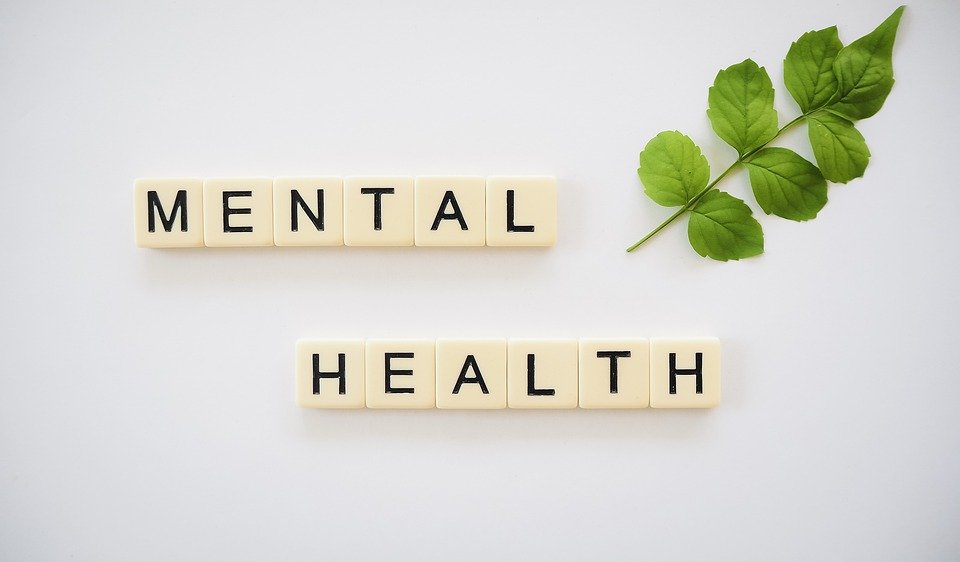Who Can Benefit From Intensive Therapy for Addiction?

Intensive therapy describes a unique delivery system for psychiatric treatment. Intensive therapy is used for those who have serious mental illness but who are often too unstable to enter more traditional day care or inpatient care settings. As such, there are no generally accepted standards for what makes up an intensive therapy session or what constitutes an appropriate number and length of intensive therapy sessions. In general, intensive therapy lasts no longer than one month and is usually conducted by professionals with extensive experience in behavioral management.
It can take place in a group setting, with the therapists and their clients, or in an individualized environment without the use of medication. Many people suffering from mental illness choose intensive therapy because it allows them to be free to participate in activities that they may have been prevented from before the onset of their illness. Intensive therapy can take many forms and there is considerable variation in the intensity and duration of the treatment offered. The most common options include psychodynamic, cognitive-behavioral, or mixed models that use a combination of these approaches.
The duration of intensive therapy is generally short, ranging from one week to six months. In some cases, it may last longer, but shorter durations are also available. In general, those who have had traditional therapy for an extended period do better when they undergo intensive therapy. Those with more severe symptoms can sometimes benefit from a slightly longer duration of therapy, but this should be the exception rather than the rule. Generally speaking, those with milder symptoms or who are able to remain healthy and maintain their mental health can receive intensive therapy with little interruption to their daily lifestyle. For more information about the best mental health expert, open this page.
Because of the nature of intensive therapy, those receiving it might not be able to initially return to their normal state of living. Intensive therapy can be difficult for some individuals to handle, especially if they feel that their symptoms are becoming worse as they are undergoing the therapy. It is not uncommon for some people to withdraw completely from society when undergoing this type of therapy. As previously mentioned, the duration of the effects of Intensive Therapy can range from short-lived to long-lasting.
For many who are working to become fully recovered from their addiction and are working to achieve long-term abstinence, Intensive Therapy can be very helpful.
Long-term abstinence is often the goal of those who are working towards complete recovery from their addiction. Long-term abstinence is possible with Intensive Therapy, but the amount of time that a person needs to remain away from alcohol or drugs is often shorter than the amount of time needed for them to be clean. As a result, those who undergo this form of therapy may experience less relapse while they strive to become free from their addiction. Open this page for more details about the top rated mental health retreat.
Those who are working to overcome their substance use disorders and are suffering from depression may find that Intensive Therapy can be very helpful. Intensive Therapy allows those who are experiencing severe depression as well as their families to be part of the recovery process at the same time. Family members who are experiencing depression are typically not told that they are not alone in their feelings, so Intensive Therapy allows those who suffer from depression to feel like they are not alone in their problems and that help is available.
Intensive Therapy can also be beneficial to family members who are suffering from addiction who are trying to recover from their illness as well as those who are trying to overcome their substance use disorder. Because the duration of the program can range from a few weeks to several months, it is not uncommon for people to be able to go through the program over a number of years. If you probably want to get more enlightened on this topic, then click on this related post: https://en.wikipedia.org/wiki/Mental_health.
